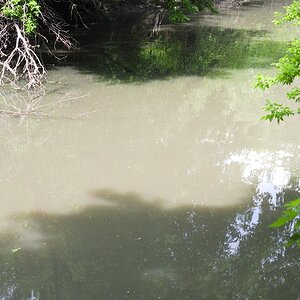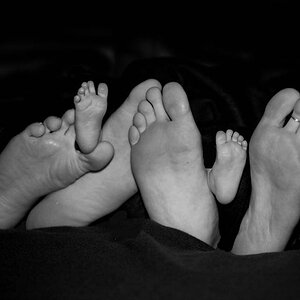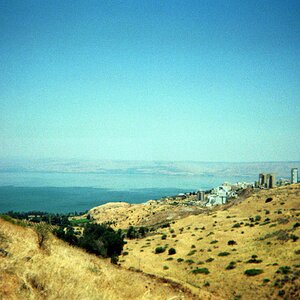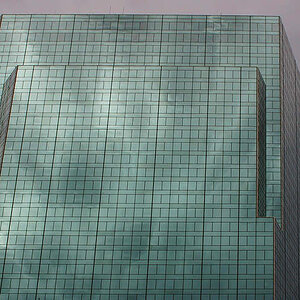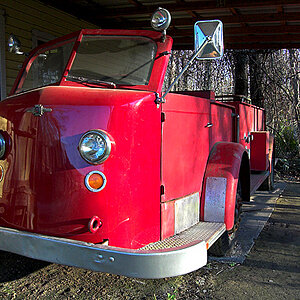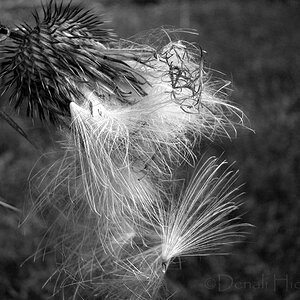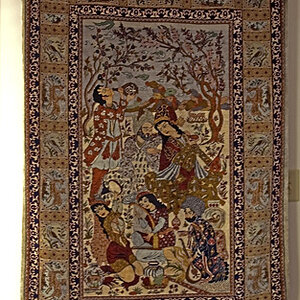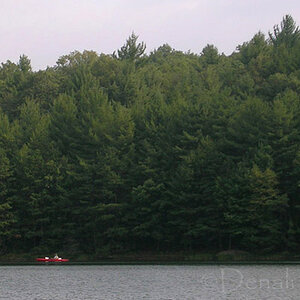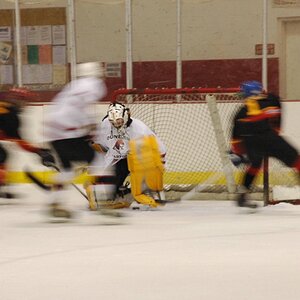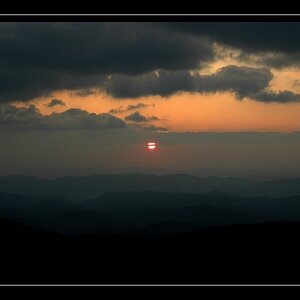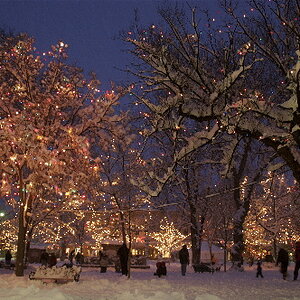AkiraLe
TPF Noob!
- Joined
- Mar 5, 2018
- Messages
- 1
- Reaction score
- 1
- Can others edit my Photos
- Photos NOT OK to edit
I've loved photography since I was able to pick up a camera.. Unfortunately, I've been extremely limited financially and have recently been tied down by 2 babies. To save up would take me FOREVER - but I'm seeking desperate measures to get set up, lol.
When you started out, how did you build yourself up? I'm losing motivation, as it feels pretty impossible at the moment
When you started out, how did you build yourself up? I'm losing motivation, as it feels pretty impossible at the moment



